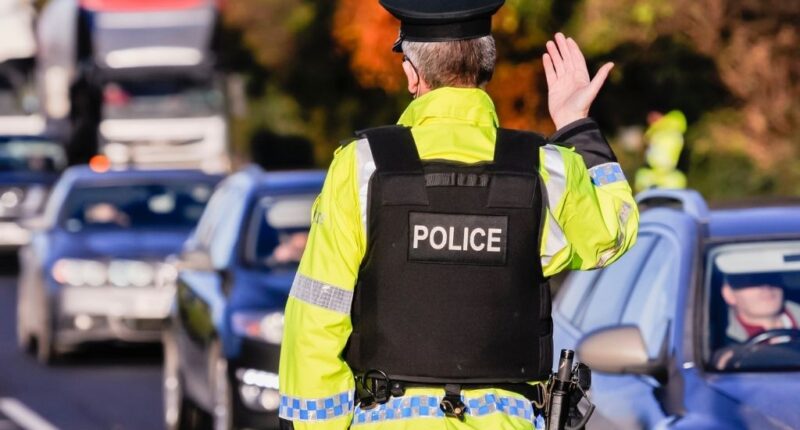New figures show that over 33,000 roadside breath tests were carried out by PSNI officers during the course of last year.
Compared to COVID-hit 2020, that 33,482 represents a 16% increase in the number of people who provided a breath specimen at the roadside. Just over one in ten motorists – 10.5% – failed the test or refused to provide officers with a sample, according to the data.
Back in March of this year, the PSNI revealed that 2,756 drink and drug drive offences were referred for prosecution in Northern Ireland in 2021 – a fall of only 1.6% since 2014.
28% of all tests in 2021 were recorded in December as part of the PSNI’s annual Christmas drink drive crackdown campaign. The number of tests carried out increased steadily during the week, with the lowest activity on a Monday (3,343 tests) and the highest on a Sunday (6,858).
Commenting on the figures, Hunter Abbott – the Managing Director of personal breathalyser firm AlcoSense – said: “We are pleased to see PSNI stepping up enforcement once lockdown eased, but the number of drivers stopped was still 24% lower than the 44,116 tests conducted in 2011.
“At the legal limit in Northern Ireland, you are 13 times more likely to be involved in a fatal accident than when sober – despite not breaking the law.”
Meanwhile, Abbot said the drink drive legislation here needs to be reviewed. “Back in 2011, plans were announced to reduce the drink drive limit from 80mg of alcohol per 100ml of blood down to 50mg – the same limit that now applies in Scotland. These plans need to be re-examined and legislation brought forward,” he said.
“At this lower limit you are still five times more likely to end up in a fatal crash. Even a small amount of alcohol slows your reaction time, inhibits judgement and reduces both concentration and co-ordination.”
All convicted drink drivers in Northern Ireland are now automatically referred to a rehabilitation training course. Those who successfully complete it see their disqualification period cut by up to 25%.
Penalties for driving when above the legal limit can include six months in prison, a fine of up to £5,000 and/or a ban for at least 12 months.









